Talk Archives

Successfully Communicating about Climate Change
Is it possible to change an individual’s perceptions about climate change? Definitely! Join us for a conversation with Michael Ranney, whose research focuses on understanding and explaining challenging information, including concepts such as global warming and its impacts. Prof. Ranney shares interventions that have proven to be effective in increasing the acceptance of climate change by people across the political spectrum.
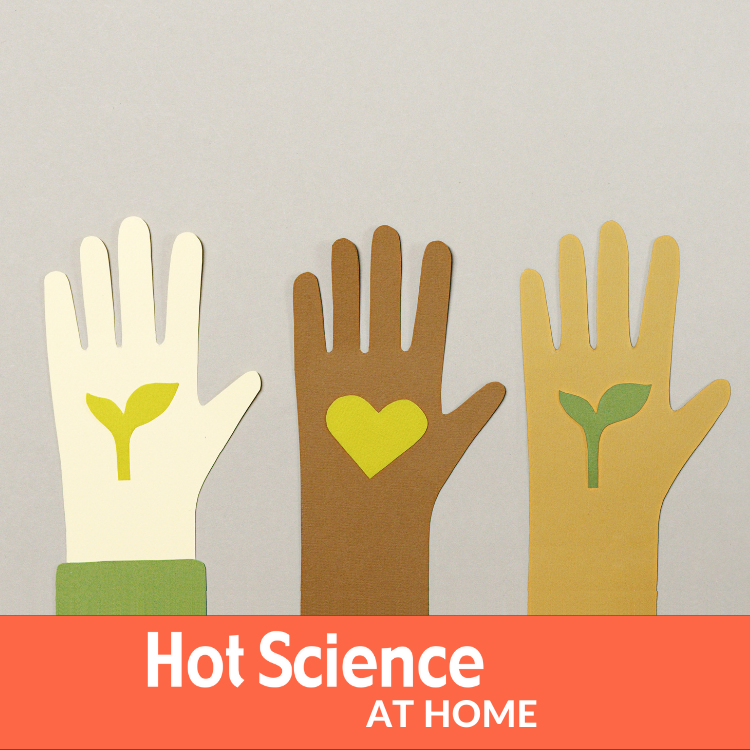
Reconstructing Environmental (In)Justice
Environmental injustice refers to the uneven distribution of environmental benefits and burdens based primarily on race, but also other marginalizing factors such as income and gender. In this conversation, Dr. Bruno will describe how this phenomenon spans across Texas and its history, with a focus on Port Arthur, Texas, where the largest petrochemical refinery in the Northern Hemisphere is nestled within a Black community. Dr. Bruno will describe the importance of integrating social science and environmental reconstruction methods to assess environmental injustice over time.
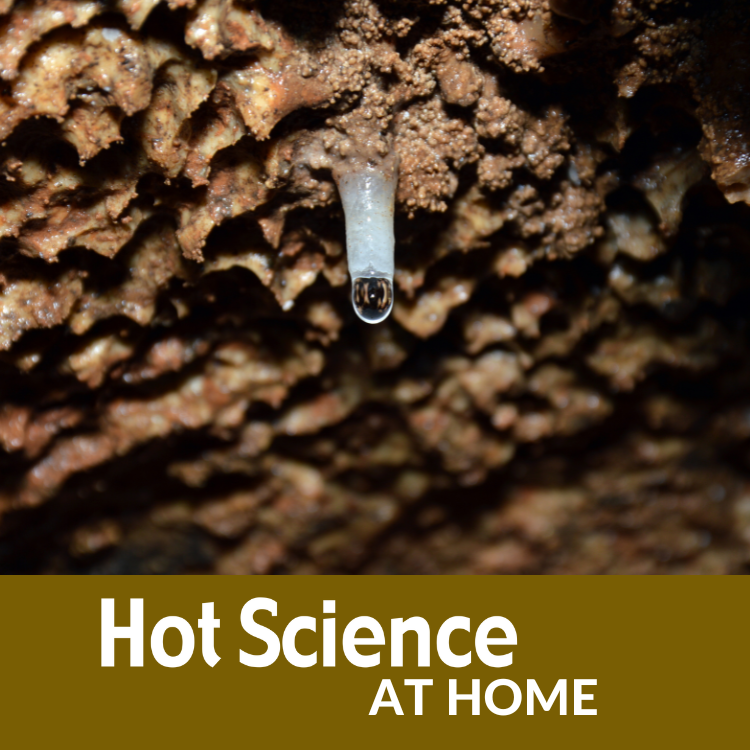
Finding Ancient Water
Caves with their luminous rock formations fascinate both explorers and scientists. But trapped in these glittering crystals are tiny droplets of water that have preserved what rain and snow were like thousands of years ago. Dr. Isabel Montañez shares her fascinating research in creating a timeline for Northern California’s climate history going back nearly 20,000 years.

Space Environmentalism
With more than 500,000 objects floating in space and only about 2,000 functioning, space junk is growing exponentially. When these objects stop working, they drift aimlessly into the cosmos. These rogue bits of metal and space debris pose a danger to the technologies we rely on and to the future of space exploration. Dr. Moriba Jah examines what we can do to make space safe, secure, and sustainable in the long term.

Water Justice
There is a water crisis in the U.S. During the past decade, 63 million Americans were exposed to potentially unsafe water more than once. Dr. Kimberly Jones will discuss the disproportionate access to safe and reliable water in American communities and how researchers, lawmakers and communities can work together to solve this crisis.

To Err is Human
Much of what we experience in our lives each day is entirely forgotten. So what leads our brains to store experiences in memory that help us navigate the world? Perhaps the most important signal is mistake-making. Formal schooling unfortunately conveys the message that becoming more skillful means making fewer mistakes, which is demonstrably untrue. Come and learn how mistakes lead to advantageous changes to our memories and are the key to learning.
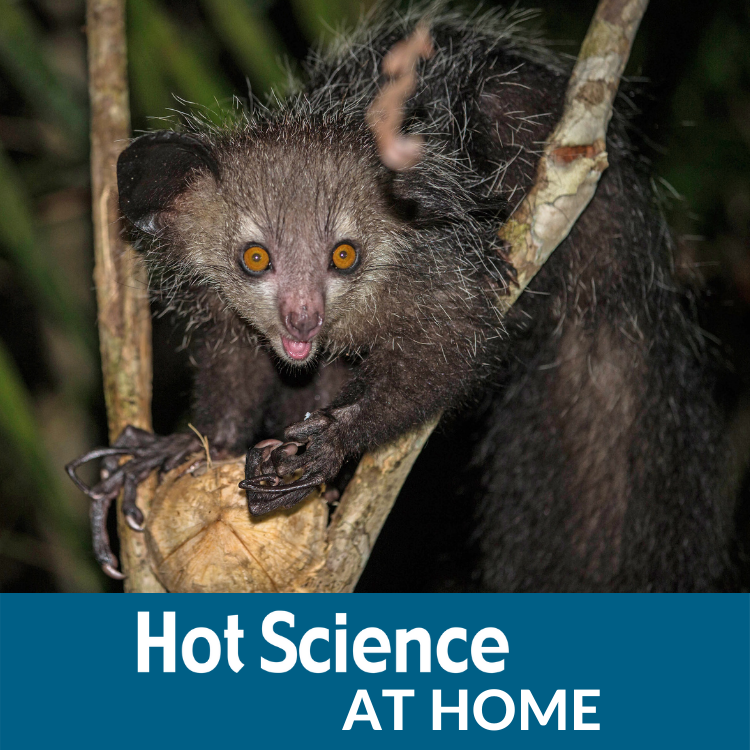
I Spy the Eye of the Aye-Aye
What can an Aye-Aye teach us about human vision? Chris Kirk explains how his research related to these intense-looking and enigmatic primates helps us understand human vision.
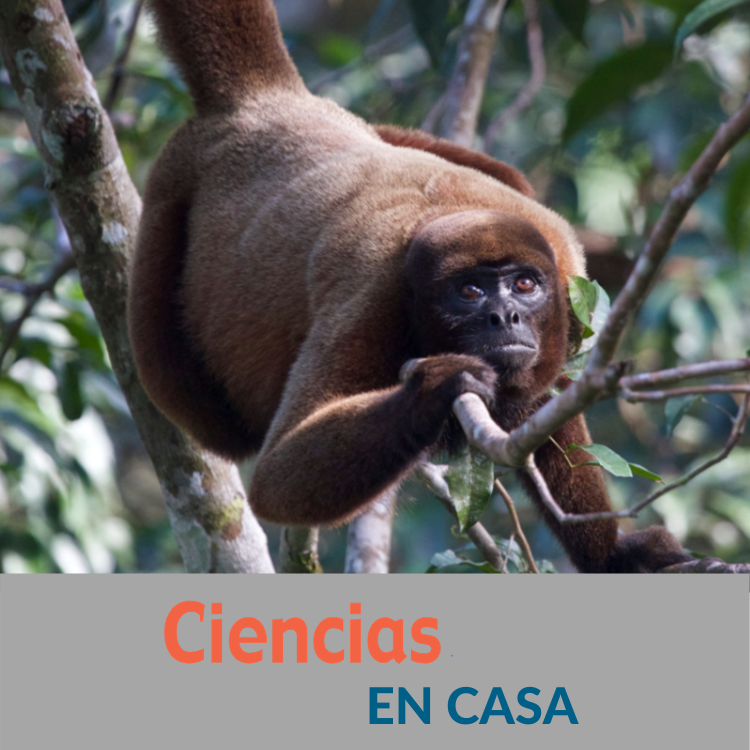
Increíbles Monos Amazónicos
Los humanos hemos estado fascinados con los monos debido a nuestra cercanía evolutiva con ellos. Laura Abondano es una investigadora que utiliza métodos de observación en conjunto con técnicas de laboratorio y tecnología moderna para estudiar el comportamiento y la ecología de los monos lanudos en las selvas amazónicas ecuatorianas. Participe en nuestro evento y aprenda sobre el fascinante comportamiento social de estas criaturas y sus similitudes y diferencias con los humanos. This Hot Science At Home event will be completely in Spanish and features Dr. Laura Abondano and her research on woolly monkeys.
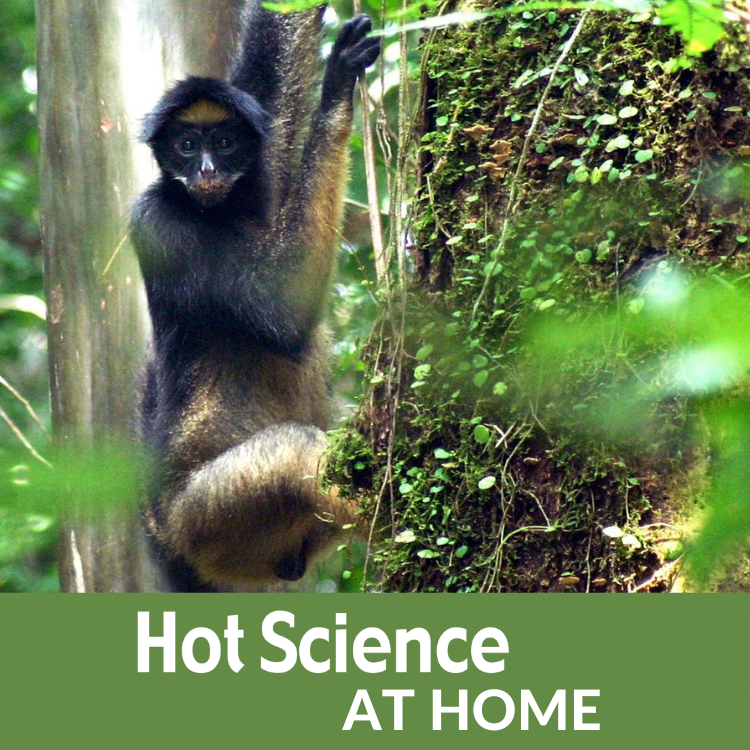
Amazing Amazonian Monkeys
Humans have long been fascinated with their evolutionary cousins in the primate world, monkeys. Anthony Di Fiore combines observational methods and modern technology to study the behavior and ecology of spider monkeys and woolly monkeys in the Amazon rain forest of Ecuador. Join us as he talks about the fascinating social behavior of these creatures and how they may be both strikingly similar to, and vastly different from, humans.

The Fate of Food
What will we eat in a bigger, hotter and smarter world? Climate models show that global crop production will continue to decline due to drought, heat, and flooding. Meanwhile, the world’s population is expected to grow another 30 percent by midcentury. So how, really, will we feed nine billion people sustainably in the coming decades? Hear how Amanda Little spent three years traveling through a dozen countries and as many U.S. states in search of answers to that question.